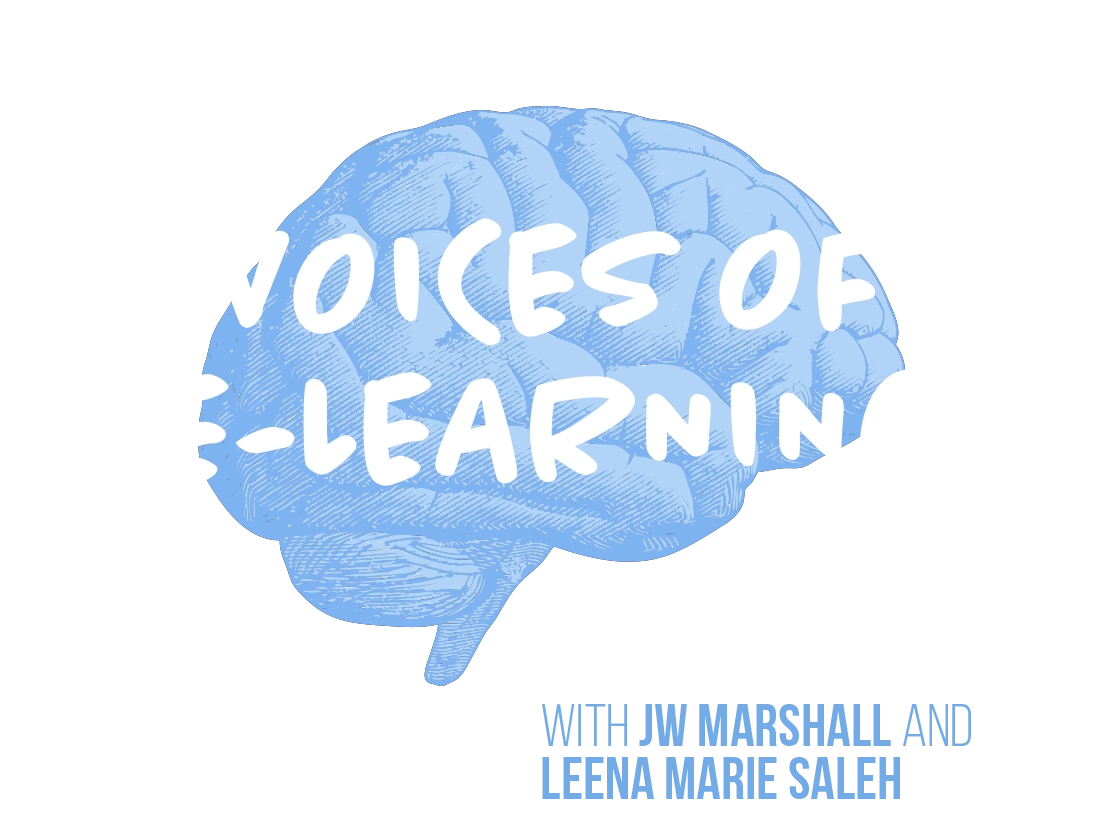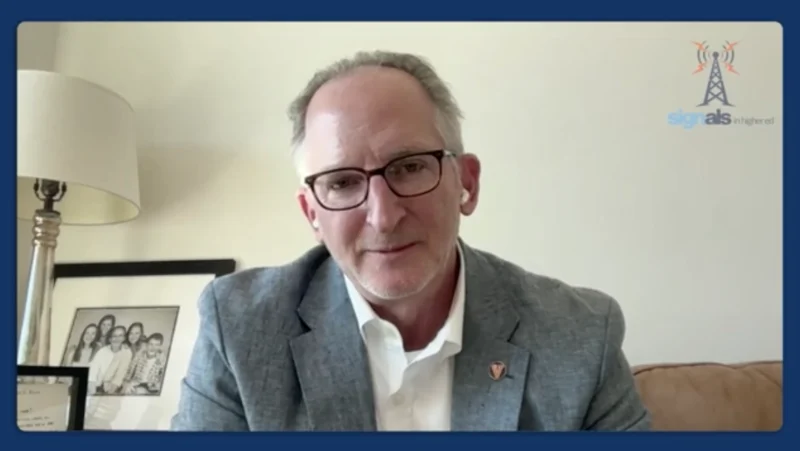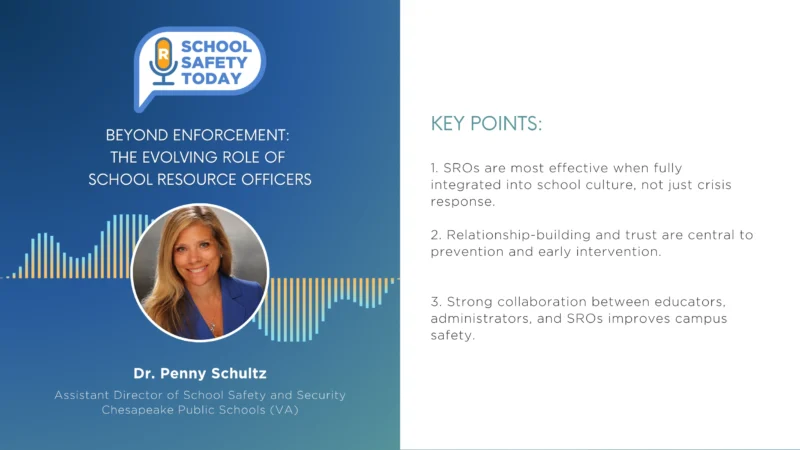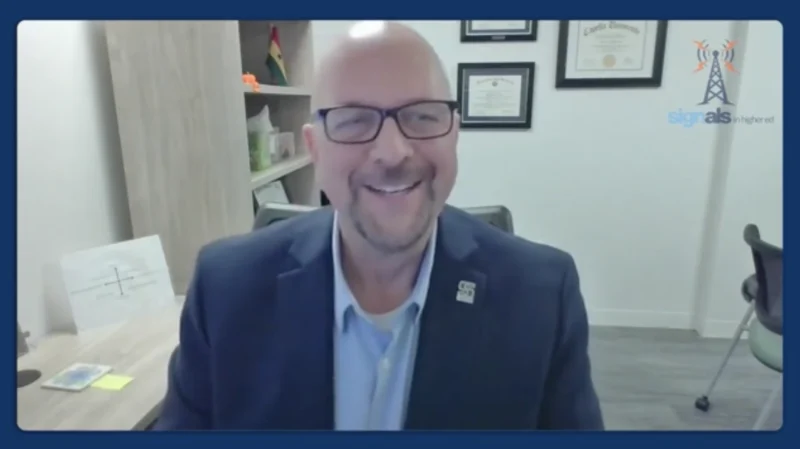Advances in Technology Creating More Individualized and Inclusive Learning
More learners are accessing online learning since the pandemic began. Students in the U.S. even have a preference for continuing remote learning in at least some minor ways. However, every virtual learning experience is different, which means there are some virtual learning experiences that are not benefiting the student in the way they should. How do you bridge this gap in educational experience?
On the newest episode of Voices of E-Learning, hosts JW Marshall and Leena Marie Saleh chat with guest Amanda Kocon, Chief Strategy Officer at Edmentum, about the advantages and challenges that come with incorporating more technology into the classroom.
Kocon highlighted the difference between quality virtual and non-quality virtual. Technology can be a valuable tool in learning, but it has to be used in a way that provides quality learning. The focus in building a successful virtual landscape, said Kocon, must be on the people using the technology and the relationships that can be built. Quality is not about modality; it is about the core design.
“Foundationally, it’s still built on the same core principles,” said Kocon on virtual learning.
The three discuss…
- Shifting use-cases and the high-level of interest in remote learning as an educational option
- How to create digital equity and what role technology plays in bridging those gaps
- Why a flexible design helps to fulfill the needs of students and teachers
- How technology can greatly enhance the future of teaching as long as quality stays a focus
“When we think about ‘What does quality virtual look like?’, it starts with the people. The people that are working to design it, to understand individual student needs, and group of student needs, understand their families and what their families bring to it and need and so relationships to us is at the core of it,” said Kocon.
Kocon is a native of New Mexico where she currently works as the Chief Strategy Officer for Edmentum, a provider of online-learning programs. Prior to her work with Edmentum, she was the CSO at TNTP and an Executive Director with JP Morgan Chase & Co. She is a graduate of Scripps College, with a BA in International Relations.




